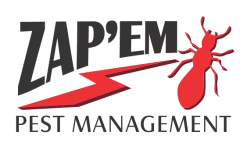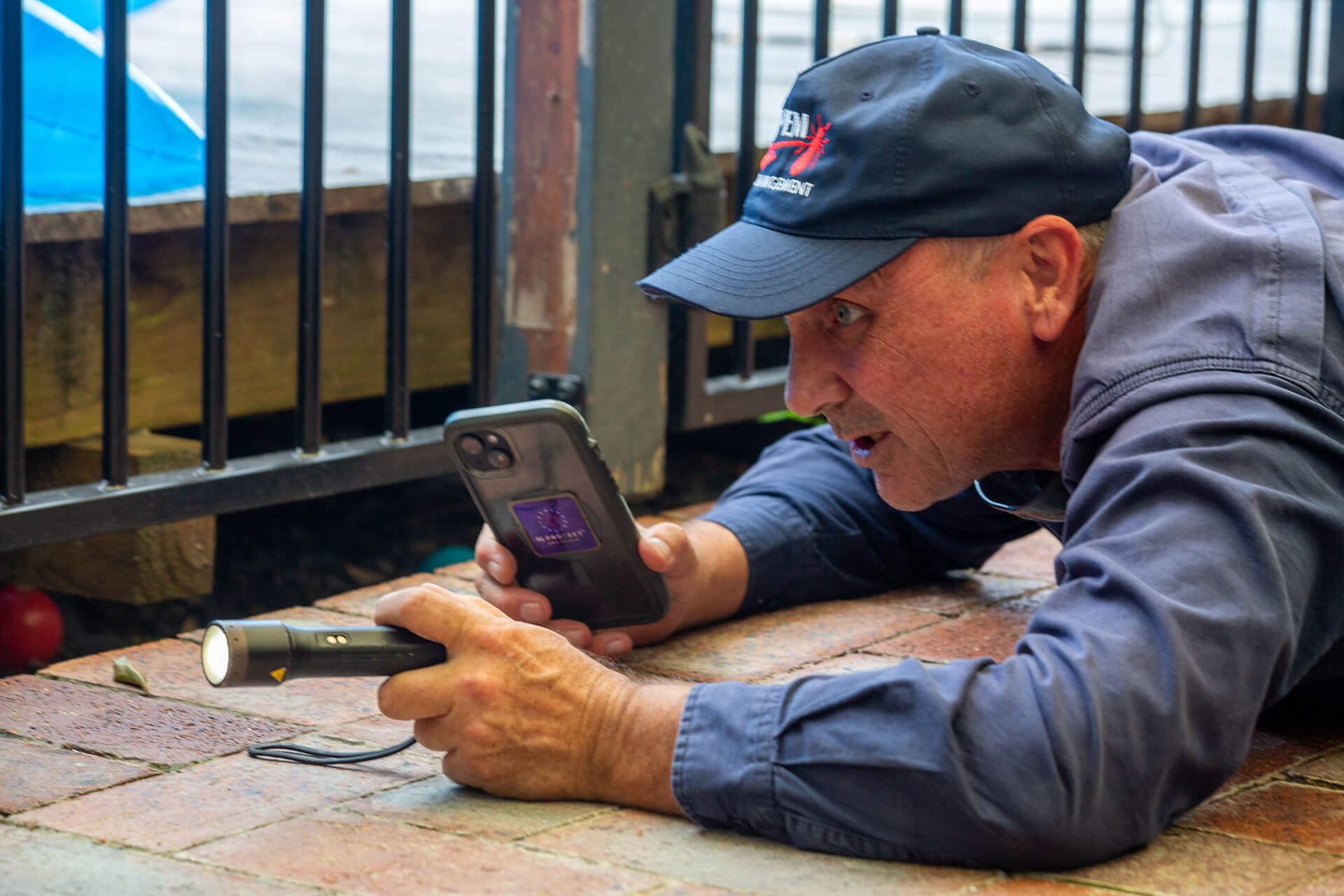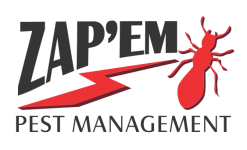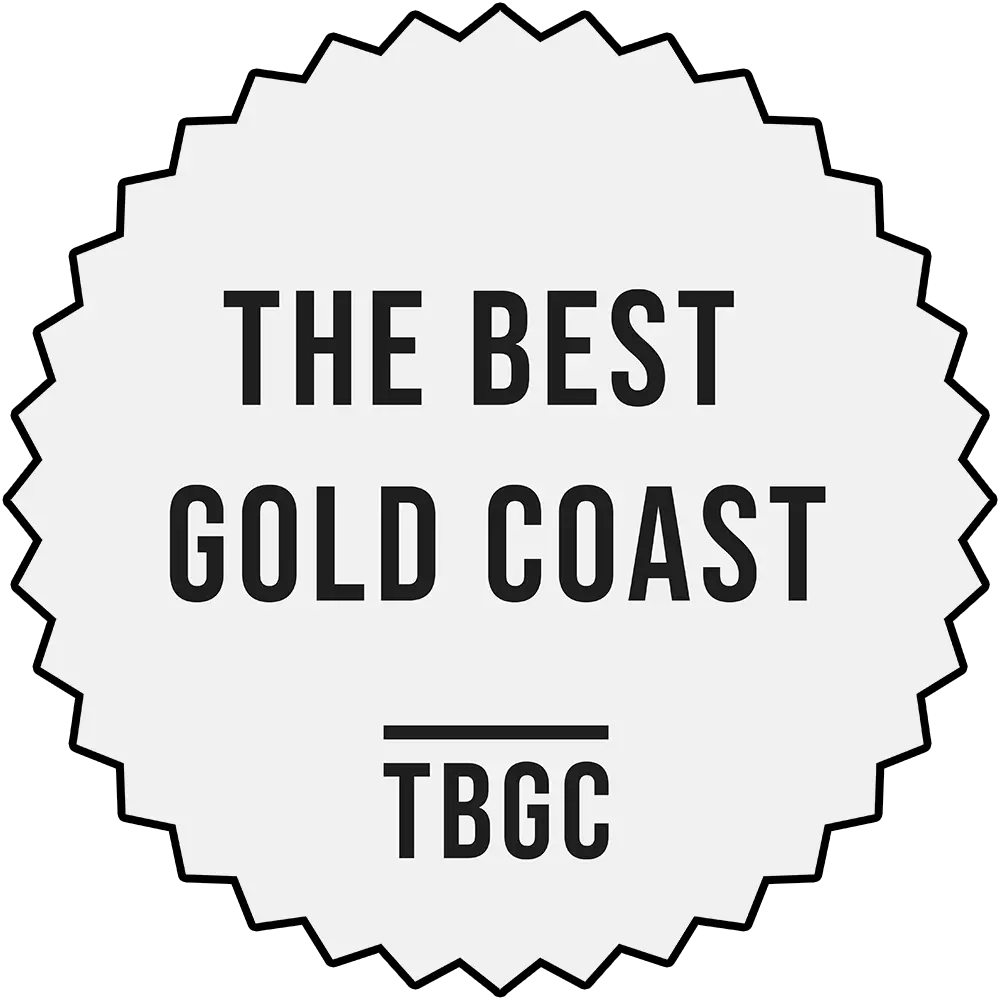Pest control is a crucial service that protects homes, businesses, and public spaces from unwanted pests that can cause health issues, damage property, and disrupt daily life. From ants and cockroaches to termites, rodents, and spiders, pest control professionals work hard behind the scenes to keep these problems under control — and protect the communities they serve.
But what exactly does a pest controller do? Let’s take a closer look at their training, daily work, and areas of expertise.
Education and Training to Become a Pest Management Technician
To become a licensed pest controller in Australia, formal education and certification are required. Pest management technicians typically complete a Certificate III in Urban Pest Management, a nationally recognised qualification that covers everything from pest biology and environmental management to the safe use of pesticides and integrated pest management techniques.
In addition to formal training, pest controllers must be licensed under state and territory regulations, ensuring they meet strict standards for safe and effective pest management. Many professionals continue their education throughout their careers, keeping up to date with the latest pest control methods, technologies, and safety practices.
Pest Controller Day-to-Day Activities
A pest controller’s day is as varied as the pests they deal with. Typical tasks might include:
- Inspecting Properties: Pest controllers assess homes, apartment blocks and commercial buildings to identify pest activity and risk factors.
- Developing Treatment Plans: After inspection, they create tailored treatment strategies based on the type of pest, the severity of the infestation, and the property’s layout.
- Applying Treatments: This could involve pesticide application, baiting systems, chemical treatment zones, or environmentally friendly methods like heat treatments or exclusion techniques.
- Educating Clients: Pest controllers often provide advice on how to prevent future infestations, including maintenance tips and hygiene recommendations.
- Follow-Up Visits: For ongoing pest issues, they may schedule additional inspections and treatments to ensure the problem is fully resolved.
Safety Measures
Safety is at the heart of everything a professional pest controller does. They follow strict safety protocols to protect themselves, their clients, and the environment. This includes:
- Wearing personal protective equipment (PPE) like gloves, masks, and overalls
- Carefully measuring and applying treatments to minimise exposure
- Using eco-friendly and low-toxicity options where possible
- Advising customers about when it’s safe to re-enter treated areas
- Managing chemical storage and disposal according to government regulations
Their thorough approach ensures pest problems are handled responsibly without putting people, pets, or wildlife at unnecessary risk.
Types of Pesticides Typically Used
Pest controllers have a range of pesticides and treatment methods at their disposal, carefully selecting products based on the pest type, environment, and level of infestation. Some of the commonly used types include:
- Insecticides: These are used to control insects like ants, cockroaches, spiders, and fleas. Modern insecticides are often designed to be low-toxicity to humans and pets while highly effective against pests.
- Rodenticides: Specialised baits and traps are used to manage rats and mice. These must be handled with care to prevent accidental poisoning of non-target animals.
- Termiticides: Used for termite treatment and prevention, termiticides can be applied as soil treatments, foams, or chemical treatment zones around buildings.
- Repellents and Growth Regulators: Some treatments work by repelling pests or disrupting their development cycles, preventing infestations before they start.
Professional pest controllers always choose the safest and most appropriate product for each situation, balancing effectiveness with environmental responsibility, such as with Integrated Green Plus Pest Control solutions.
Areas of Expertise
Pest control is about much more than just spraying for bugs. Professional pest controllers specialise in managing a wide variety of pests, including:
- Insects: Ants, cockroaches, fleas, spiders, wasps, and more
- Rodents: Rats and mice, including safe rodent removal and exclusion techniques
- Termites: Termite inspections, treatment, and long-term termite management plans
- Wildlife Management: Some pest controllers are trained to humanely relocate animals like possums and birds
- Commercial Pest Management: Specialised services for restaurants, offices, medical centres, apartment buildings, and government properties
Each type of pest requires a different approach, and an experienced pest controller has the skills and knowledge to diagnose the problem and implement an effective solution.
At Zapem Pest Management, our fully licensed and insured team brings years of training, expertise, and care to every Gold Coast pest control job we do. Whether you’re dealing with cockroaches, termites, spiders, or rodents, or would like advice on the best time of year to get pest control in QLD, we’re committed to keeping your home or business safe, pest-free, and protected for the long term.
For property owners comparing costs, check out our Gold Coast Pest Control Prices 2025 Cost Guide to make informed decisions.
Need help with pests?
Contact Zapem Pest Management today for a thorough inspection and tailored pest control solution.




